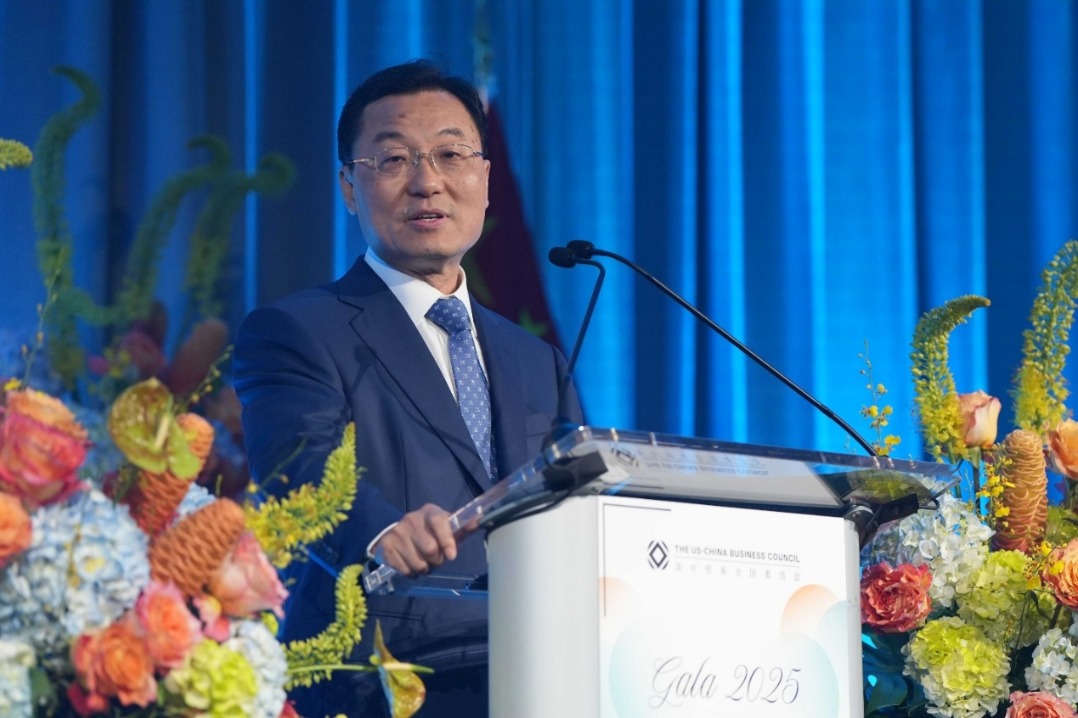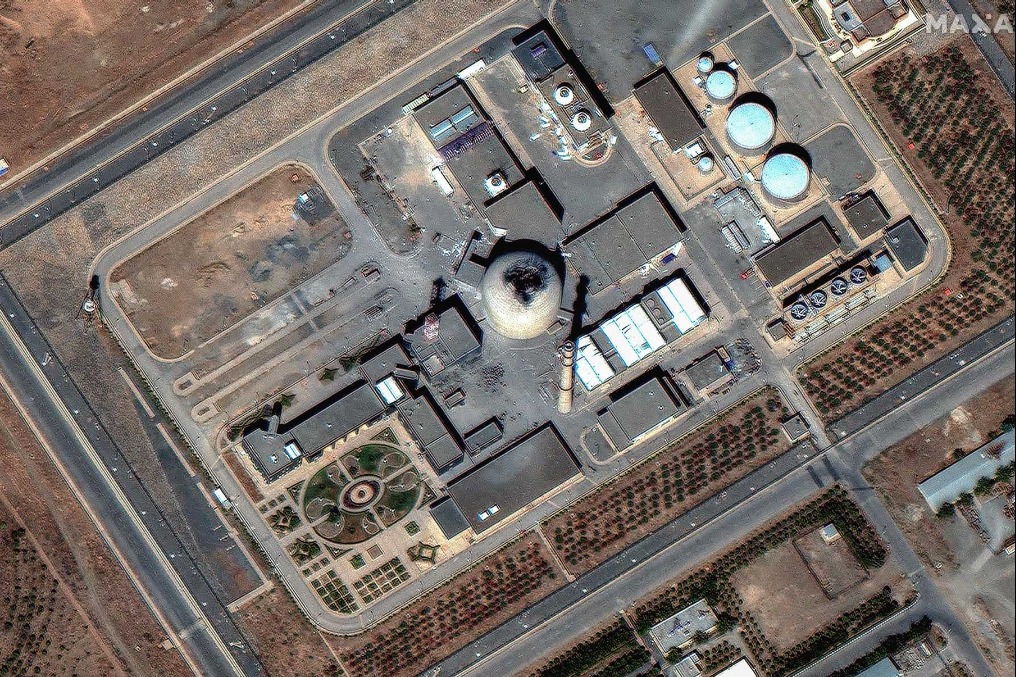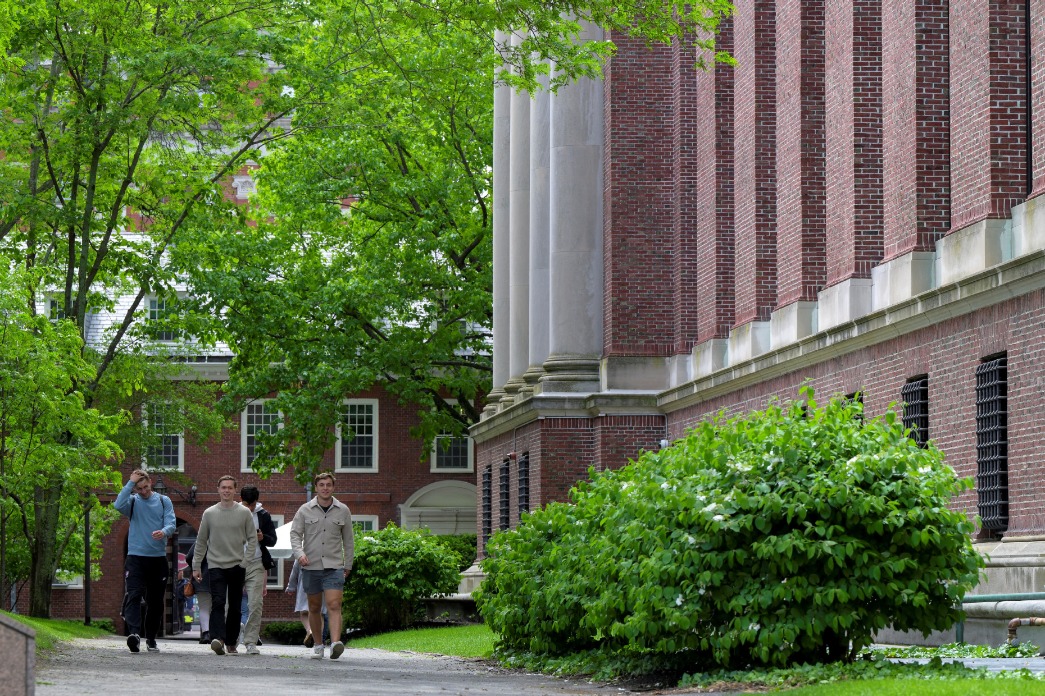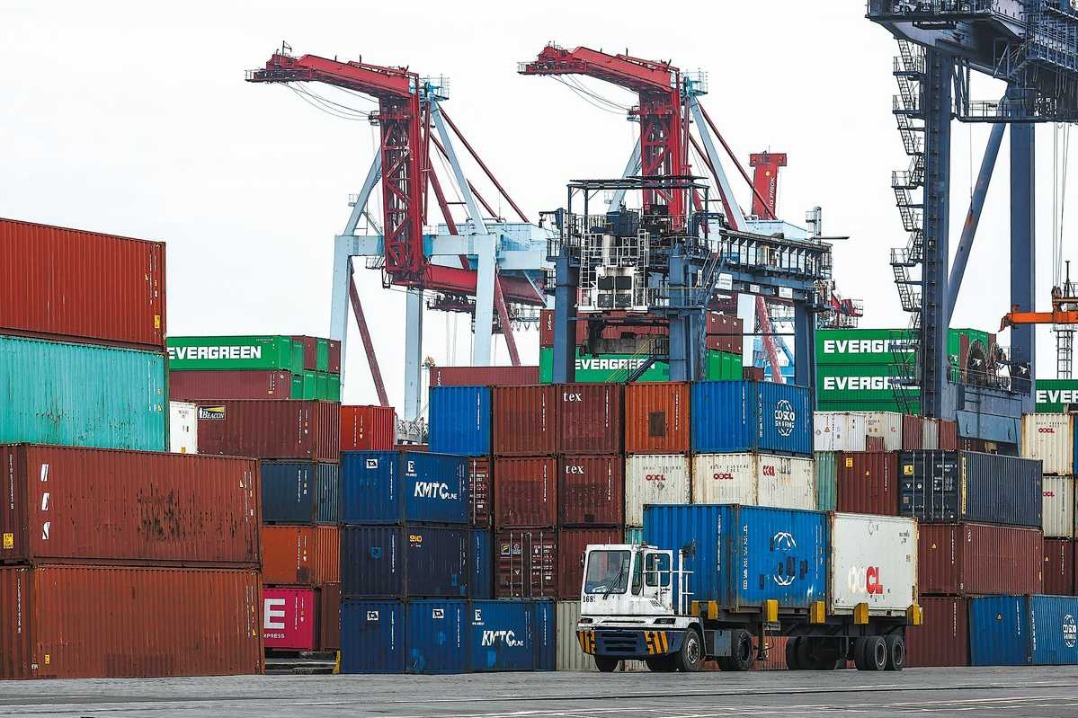Students caught in crossfire
Educational exchanges suffering due to US' 'rollercoaster' policies, say experts

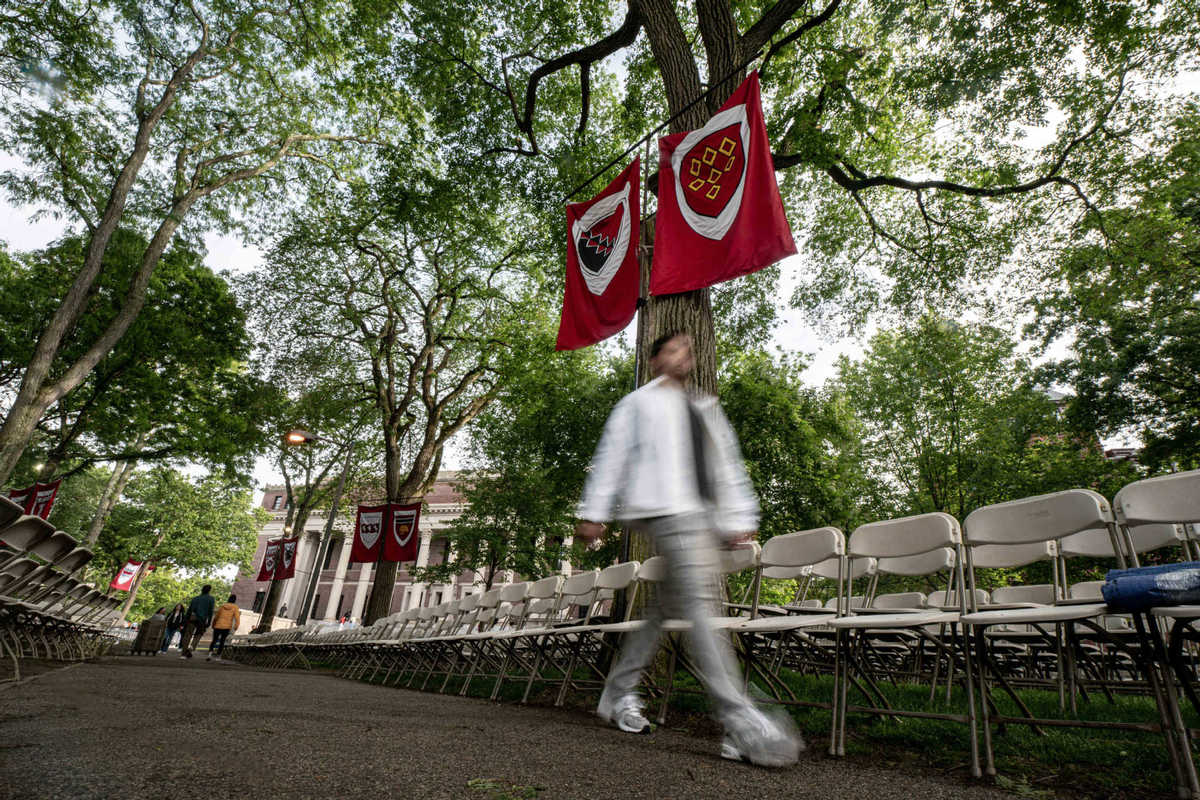
Chinese college student Tari thought her dream had finally come true when she opened an email from Harvard University in February, knowing she had been accepted by the prestigious school. But what followed felt less like a victory lap and more like a dizzying ride through bureaucratic chaos.
The 23-year-old from East China's Zhejiang province insisted on talking anonymously with China Daily for fear of getting into trouble due to the conflict between the US administration and Harvard University.
After news broke on May 22 that Harvard University had temporarily lost its permission to admit international students, and the Hong Kong University of Science and Technology announced unconditional offers to affected Harvard students, Tari quickly reached out to the HKUST for consultation. Yet, just days later, Harvard's admission rights were restored.
Soon after, a fresh announcement emerged on June 4 — the US government would revoke student visas for Harvard admits, prompting Tari to consider other offers from Singaporean institutions. But the decision was reversed just two days later.
"I feel like I'm on a rollercoaster," she said. "And it's not stopping anytime soon."
Despite this back-and-forth, Tari remains on edge, as she knows the saga is far from over.
The conflict between the US administration and Harvard University has escalated over the past several months, beginning with accusations of campus antisemitism and racism and evolving into a broader political struggle.
The educational and academic exchanges between Harvard and China have also been used as an excuse for US politicians and nationalists to blame the university.
Chinese Foreign Ministry spokesman Lin Jian responded on June 5 that China-US educational cooperation benefits both sides and opposed the politicization of education. Lin said the US actions would harm its own reputation.
The term "China" actually appeared relatively late in this conflict, said Wu Xinbo, director of the Center for American Studies at Fudan University. He said the US administration's focus on Harvard's ties to China is less about national security and more about advancing its political agenda.
Earlier this year, the US administration intensified pressure on Harvard citing antisemitism and racism. On Feb 27, it demanded a meeting on antisemitism. On March 31, it launched a review of nearly $9 billion in federal grants to Harvard. In April, it demanded that Harvard remove all DEI (Diversity, Equity and Inclusion) programs. On May 15, the Department of Energy canceled $89 million in funding over alleged racial discrimination.
It wasn't until May 19 that China popped up in the narrative, as the US administration opened an investigation into Harvard's ties to China. Days later, on May 22, the US Department of Homeland Security revoked the university's student visa certification, and on June 4, the US administration suspended visas for new Harvard students.
"The sudden appearance of the word 'China' is nothing surprising, and it is actually part of a longstanding strategy. In the US, almost every issue gets labeled as a 'China issue'. Even domestic problems can be framed with 'China threat' rhetoric to serve political agendas," Wu said.
"Whether the focus is on racism or on China, it serves largely as a pretext to lend rationality to the administration's broader political struggle between conservatives and liberals, as well as the establishment and anti-establishment factions."
Hostile relations
Over the past decade, relations between Republican Party leaders and elite universities had become increasingly hostile, as universities became more politically outspoken — often in opposition to the Donald Trump administration.
These institutions, Wu said, are largely aligned with the Democratic Party and its candidates. Through the allegations, the US administration aims to sway conservative voters and disrupt the university's financial system while mobilizing political support, he said.
Harvard law professor Noah Feldman said in a podcast that weakening these institutions can make the administration's agenda the dominating one.
"It's just that it's easier for Trump to make headlines by attacking Harvard over that. If Trump can go after the oldest university in the United States, one of the most significant in terms of its endowment and its academic legacy and its prestige, then he can really go after any similar university," he said.
While the battle between the US administration and elite universities is played out on the political stage, the real victims of this escalating conflict are the international students, like Tari, who are caught in the crossfire.
The politicization of educational and cultural exchange is deeply troubling — it has been affecting international students and reshaping their academic choices.
On a global scale, international students have been deeply unsettled by these policy shifts. Malaysia, for instance, has announced that they will stop sending government scholarship students to the US, according to Asyraf Wajdi Dusuki, chairman of MARA, the state training agency which provides scholarships for Malaysians to study abroad, reported the Malaysian newspaper The Star.
The agency is currently in discussions with its 266 sponsored students at universities and colleges in the US to explore alternative arrangements, including transfers to other countries, Asyraf said during a visit to London on June 1.
"Among the countries being considered are Australia, New Zealand, Japan and China," he said.
Tensions appeared to ease following a recent phone call between the leaders of China and the US, where Trump relaxed his attitude and said that the "US loves to have Chinese students coming to study in America".
Wu said that global attention should now be focused on whether the US will adjust or cancel its negative policies for students.
After the phone call, more good news followed as the US State Department resumed processing Harvard student visas.
The US administration on Wednesday ordered the resumption of student visa appointments, but will significantly tighten its social media vetting in a bid to identify any applicants with "hostile attitudes "toward the US. Yet, for many prospective international students, the news of the visa policy did not spark much excitement. With the constant change of policies, international students have grown increasingly "numb" to the shifting tides, as they said.
Asked about her future plans, Tari remains cautious, saying, "I'll wait and see."
houchenchen@chinadaily.com.cn


















